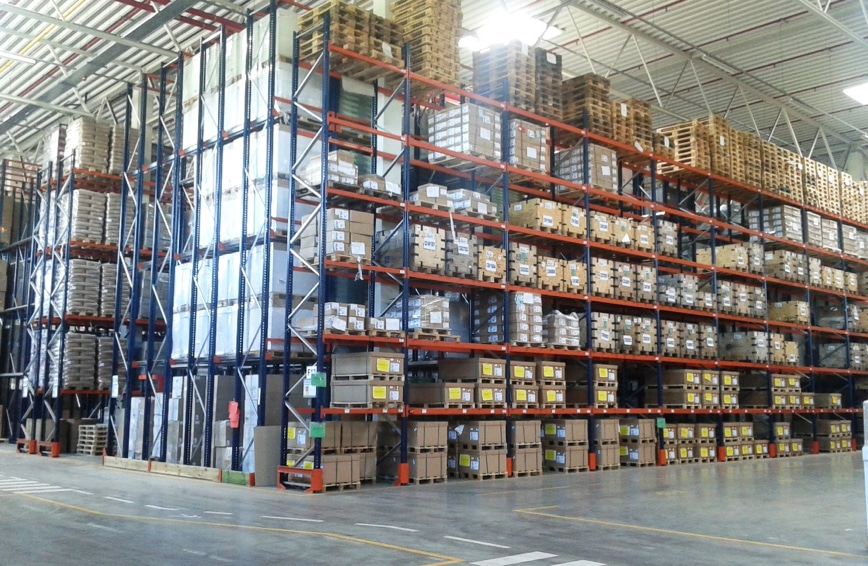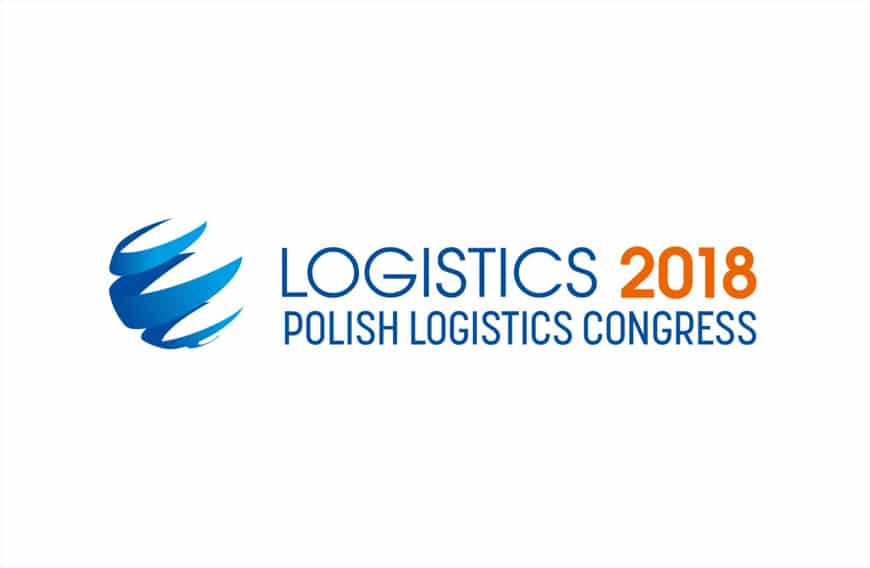In production companies very often the inventory level is too high, because it is the continuity of production that is the primary goal.
Unfortunately, this situation generates unnecessary storage costs. The problem becomes even greater when the warehouse space shrinks dramatically because it is intended, for example, to expand the production area.
One of our clients from the automotive industry faced such a challenge.The growing demand from customers and the increase in the production area significantly reduced storage space. Deliveries for just-in-time production have become a challenge, especially since suppliers of raw materials are located in different places in Europe or the World.
VMI in an innovative approach
The solution turns out to be VMI (Vendor Managed Inventory), i.e. a process in which the supplier manages inventory, guaranteeing full availability of raw materials for the manufacturer.
In the classic VMI model, the producer separates the space in his own warehouse and stores the goods of the suppliers in the so-called consignment warehouse. The supplier, on the basis of previously defined demand and current information on stocks, ensures the availability of raw materials.
However, if the manufacturer doesnt have sufficient storage space, he can entrust this area to a logistics operator. That’s what our client did from the automotive industry.
It is a model in which suppliers of raw materials for production maintain in the warehouse a logistics operator serving the manufacturer, stocks allowing for regular deliveries to the production line.The relatively small distance between the manufacturer and the operator (up to 100 km) and electronic data exchange (EDI) between the three links: supplier, producer and operator, significantly optimize and improve the supply chain.Thanks to EDI, the manufacturer has current information on the availability of individual components and calls releases several times a day, so that the raw materials go to production almost directly from the truck.
Who is VMI for and what benefits does it generate?
Although the article mentions VMI in the automotive industry, it is a model used in various industries or trade. This model works best, however, with controlled and regular consumption of a given raw material or product, the price of which is agreed with a long-term contract.The advantage of using such a solution for the manufacturer and supplier is to improve the speed of the process and strengthen cooperation. The supplier gains minimization of errors in production forecasting, which he can optimize. The manufacturer, however, by transferring responsibility for maintaining inventories to the supplier, reduces the risk of shortages in their inventoriesAlthough the model described above requires a lot of commitment at the design stage and tripartite arrangements, the innovative use of VMI with the use of a logistics operator, in practice turns out to be a very effective solution improving the entire supply chain.




